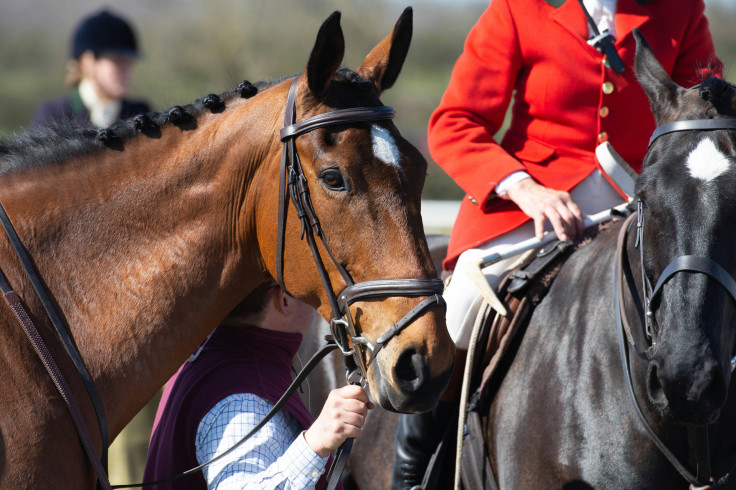Britain's Horse Racing Strike Spells Doom for Gamblers, Fans, and the Economy
Historic racing boycott protests the government's betting tax hike

British horseracing is planning an unprecedented one-day strike to protest the proposed taxes on horserace betting. The strike, slated for 10 September, will affect scheduled fixtures at Carlisle, Kempton Park, Lingfield Park, and Uttoxeter. Already, there is an understanding between the British Horseracing Authority (BHA), the body regulating the sport in the UK, and the owners of the various affected courses.
The First of Its Kind
The strike spells the first time the sport has declined to race in modern history. It is part of a campaign dubbed 'Axe the Racing Tax' aimed at protesting the proposals the government has put forward. The government's suggestions seek to substitute the three-tax structure of online gambling currently in place with a single tax.
The proposals have heightened fears that the replacement may drive up the duty on racing from the current 15% up to 21%, the same proportion levied on other games of chance. BHA chief executive, Brant Dunshea, said his authority has decided on the unprecedented action of cancelling racing fixtures planned for 10 September, to demonstrate to the government the seriousness of the repercussions of the Treasury's tax proposals. He added that the said taxes threaten the future of the sport.
Perilous Financial Position
BHA contends that horse racing already is in a precarious financial position, adding that a tax increase could cripple the industry and take with it the thousands of jobs it creates across the country. The planned strike will happen on the eve of the historic St Leger Festival, the final classic of the British Flat racing season, at Doncaster Racecourse in South Yorkshire.
In lieu of the cancelled races, BHA and other stakeholders plan to host an event in Westminster where owners, jockeys, and trainers will join the sport's senior leadership to discuss the consequences of the Treasury's proposal. The British horseracing industry is estimated to be worth about £4 billion to the UK economy.
All Bets are Off
The four events have been rescheduled to leave 10 September 10. Instead, they have been rescheduled to take place on 8 September in the afternoon for Lingfield Park, 9 September in the afternoon for Carlisle, 11 September in the afternoon for Uttoxeter, and 15 September in the evening for the Kempton Park race.
The gesture is monumental because horse racing is a movement in the UK. It is the second-biggest spectator sport in the country after football and hosts some 1,400 each year. Leaders fear that increasing the cost of the sport for UK horse betting operators would translate to fewer sponsorships and promotions, confirms horse.bet, racing offers comparison site. These steps could spell fewer bonuses and worse odds, which would make the sport less attractive.
The Chequered Past of the Ponies
Betting shows became legal for the first time in 1960 following the passing of the Betting and Gaming Act. During these formative days, tax was levied on winnings or stakes, usually in high street betting shops. The standard rate back then was an eye-popping 9%.
Later, the Labour Party Prime Minister Gordon Brown abolished the tax in his budget of March 2001. Instead, he replaced the direct tax on gamblers with a 15% levy on the profits of bookmakers charged at the point of supply.
The law was amended in 2014 to apply a 15% tax rate on all gross profits charged at the point of consumption.
© Copyright IBTimes 2025. All rights reserved.





















